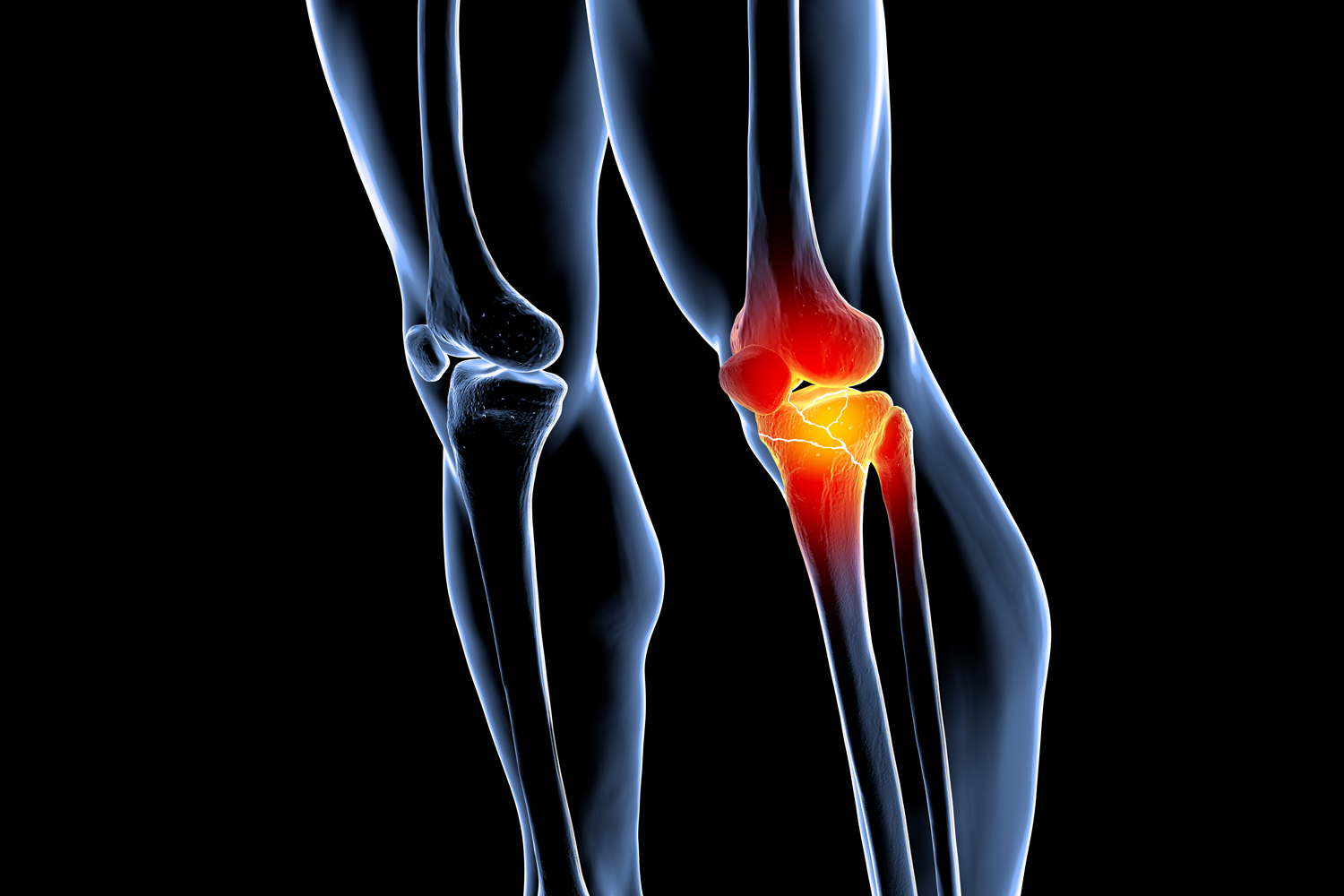How can I prevent bone damage from cancer and its treatment?

Matthew T. Drake, chief of endocrinology and director of the metabolic bone service at Hospital for Special Surgery in New York City
All people naturally lose bone with age. Men lose about 1% of their bone mass per year after age 50, and women lose about 2% per year for the first decade after menopause. But cancer and many cancer treatments can exacerbate bone loss. Research has found people with cancer of any type have a much higher risk for low bone mass—called osteopenia in early stages or osteoporosis when it’s more severe—than people roughly the same age who do not have cancer.
Bone loss in people with cancer may be related to the cancer itself, and certain cancers make bone damage especially likely. For example, multiple myeloma, a type of blood cancer, causes bone tissue to break down faster than normal, so 80% of people with this disease have weakened bones and an increased risk for fractures. Advanced cancers often spread to bones too, which can disrupt normal bone structure and weaken bones.
Many cancer treatments also may lead to bone loss. For example, hormone therapies for breast cancer that lower estrogen levels and for prostate cancer that lower testosterone levels can accelerate bone loss. Chemotherapy, radiation and steroids, including prednisone and dexamethasone, can exacerbate bone loss too. Additionally, reduced physical activity or difficulty maintaining a protein- and calcium-filled diet during treatment can weaken bones.
Before starting treatment, ask your oncologist about your risk for bone damage and loss given your age, diagnosis and treatment plan. Bone density tests can provide a baseline so doctors can monitor for signs of bone loss over time.
You can take steps to help limit bone loss. Make sure you get optimal nutrition, including adequate amounts of vitamin D and calcium. Since recommendations vary based on the individual, ask your oncologist or a dietitian how much they suggest you get each day. Weight-bearing exercise, such as walking, dancing or gardening, can strengthen bones. However, diet and exercise won’t be enough on their own to combat the effects of cancer. Your doctor may recommend medications, such as bisphosphonates that can be taken orally or intravenously, to limit the negative effects of cancer and cancer therapies on your skeleton.
Taking proactive steps to maintain strong, healthy bones also can help limit your risk of serious injury from a fall, which can be a concern for many people with cancer as they become increasingly frail. Ask your care team about steps you can take to protect your bones and maintain your overall strength.
Maintaining Bone Health // MD Anderson Cancer Center recommends eating calcium-rich foods, such as cheese, yogurt and broccoli, to help fortify bone health. // The World Cancer Research Fund explains how much calcium and vitamin D you need per day to support good bone health.
The expert’s response was edited for clarity and based on an interview with Kendall K. Morgan.
Cancer Today magazine is free to cancer patients, survivors and caregivers who live in the U.S. Subscribe here to receive four issues per year.





